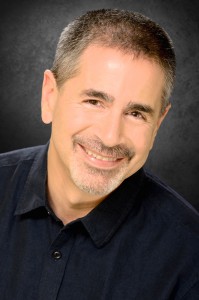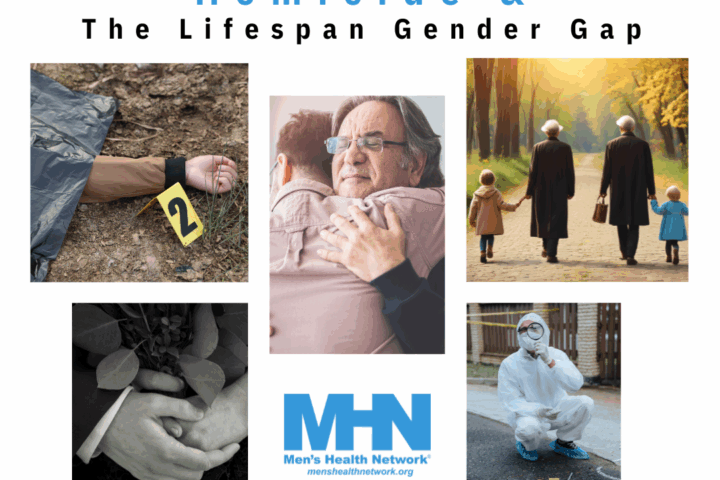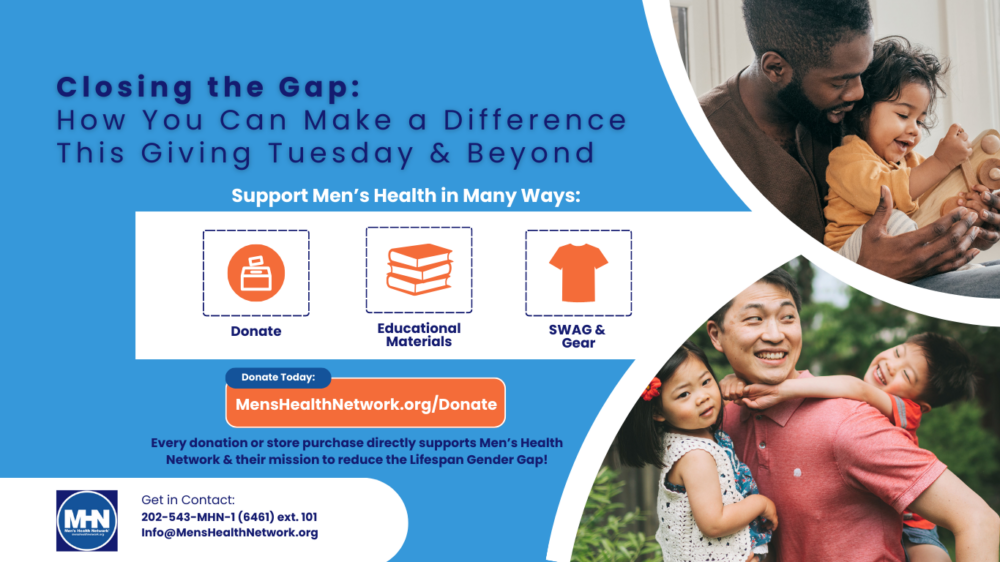Scott McKenzie woke up one morning and noticed a pink spot just under the hairline on his forehead. He assumed it was an episode of rosacea or that he had rubbed too hard with a washcloth. He already had an annual check up scheduled a few weeks away with his dermatologist and made a note to tell her about it, confident there would be a cream prescribed for the “rash.” At the appointment, the doctor noticed the spot before he even told her and suggested a biopsy just to be safe.
Scott is a morning DJ at a popular CBS affiliate radio station in Orlando, MIX 105.1 To say the results of his biopsy coming back “mixed” is a bit of irony. Three days later, the doctor called him back, not comfortable with the results and wanted to do a follow-up biopsy. More spots were found under the hair on top of his head and a more in-depth test was performed.
 Scott quickly went from thinking he needed a cream for a rash to finding out he needed an oncologist, but what literally blew him away was that the cancer he has – Non-Hodgkin’s Lymphoma was already at Stage Four!
Scott quickly went from thinking he needed a cream for a rash to finding out he needed an oncologist, but what literally blew him away was that the cancer he has – Non-Hodgkin’s Lymphoma was already at Stage Four!
There are at least 22 different varieties of Non-Hodgkin’s Lymphoma and several sub-types as well. His type, Indolent follicular had probably been there a year, and after getting a second and third opinion, all three oncologists recommended the same chemo cocktail. Had the dermatologist not been concerned by the mixed results and called Scott to come back in, the prognosis might have been very different, very quickly. But because something didn’t feel right to her, they were way ahead of the game.
The prescribed course of action was 18 weeks of chemo, but at the nine-week check up, the chemo was in remission. Even though there was a huge cause for celebration, he continued on the protocol just to be safe for the full 18 weeks.
Life became a series of check ups at three month, six month and twelve month intervals. Then in February of 2013 he felt a bump under his right ear.
Heading back to the oncologist, it was discovered that the bump was accompanied by another one in his salivary gland, as well as in more in his chest and abdomen. Back to chemo he went. This time, he was given a new less-invasive chemo cocktail.
If there was a good side effect for chemo, it would be that this time he didn’t lose his hair. So it was easy not to share that the cancer had returned. Only a few close friends and family members knew this time. Scott didn’t want to worry everyone and, didn’t want to be known as “the cancer guy” It was nice not having people know, but stressful he said because he had to cover things up, like why he was missing meetings and appointments.
Plans were made for a stem-cell transplant –starting with a process called aphaeresis – a procedure that pulls out your own blood cells and filters out the stem cells. The patient is then given a very strong chemo cocktail that wipes out the bone marrow. Think of a Ctrl – Alt – Delete on a computer – everything is wiped clean — then the stem cells are put back in and they graft back into the bone marrow.
Your bone marrow is the factory for all your cells. Red cells that supply oxygen, white cells that fight infection and platelets that help blood clot are all manufactured in the bone marrow.
Unfortunately, Scott’s stem cell count was too low and there weren’t enough stem cells to put back in that could create a graft.
This autologous procedure (involving one individual as both donor and recipient) is less risky than an allogeneic procedure – when the stem cells come from another person. Interestingly enough, the donor need not be a relative; they could be a complete stranger. The important thing is that the donor’s immune system markers are closely matched to yours.
The bizarre part about a receiving donor’s cells is that the recipient of the cells remains the same on the outside, but chemically, is someone else on the inside. You might end up with a different blood type, new allergies, or other symptoms that can affect your lungs, liver or skin. But hopefully as the new bone marrow takes over, no cancer.
But even that procedure has been put on hold as Scott’s cancer reared up again in 2014, for the third time. This round it has transformed and in no longer indolent, and is now a more aggressive, diffuse large B cell type and resistant more challenging to transplant. It has an entirely new personality and requires a new cocktail to combat its super aggressive poison. His donor will remain on standby in the event something changes.
Scott is still attempting to get into clinical trial in Philadelphia. Instead of stem cells, the process will take his T-cells, a component of his white cells, re-engineer them and put them back in his system. He has made several trips to Philadelphia each time his T-cells build up, but they didn’t maintain their levels and the procedure became a no-go.
Other technology though has been a bright spot in the chemo process. Scott used to have to go to the hospital or infusion center to get treatment. Today, he wears a chemo pump and can get chemo on his own schedule, even when he is on the air.
Scott also remains hopeful that he will get into a clinical trial. His doctors are looking at another one in St. Louis for him. In the meantime, he wants to encourage everyone who is able, to donate blood. There are not enough people in the pool, he explained. It takes people going through cancer to tell others the opportunity is there. Check out OneBlood.org and use the power of social media to help others.
And consider stepping it up by joining BetheMatch.org. The screening takes just seconds and can be done at the same time you donate blood. If you are chosen as a match, you must be healthy, and willing to spend a couple days to harvest stem cells to save a life.
I registered nearly 10 years ago. What an honor it would be to get that call!
Cross promoted from The Good Men Project.




Great article and we should all keep Scott and his family in our prayers as he continues his fight. The idea of the autologous stem cell procedure is extremely intriguing. Hopefully, with increased funding to further research and treatment options, the autologous stem cell procedure will become available to all patients regardless of stage or symptoms. The idea of not having to worry about complications from transplant would be a remarkable advancement in cancer treatments.
[…] You can read the interviews with Scott; his emotional story through May of this year on The Good Men Project and his medical journey on Talking About Men’s Health. […]